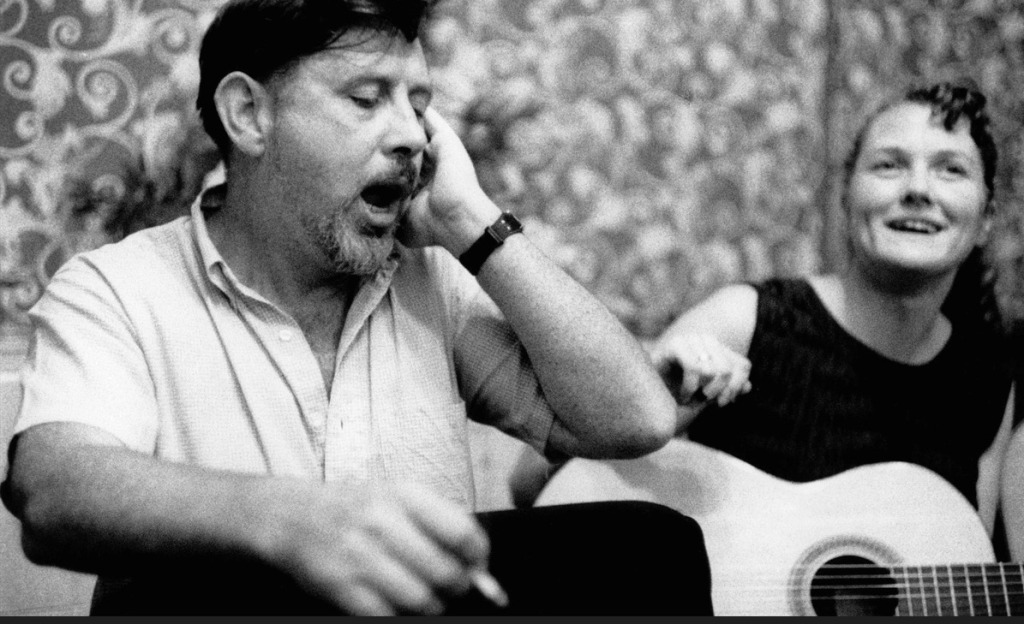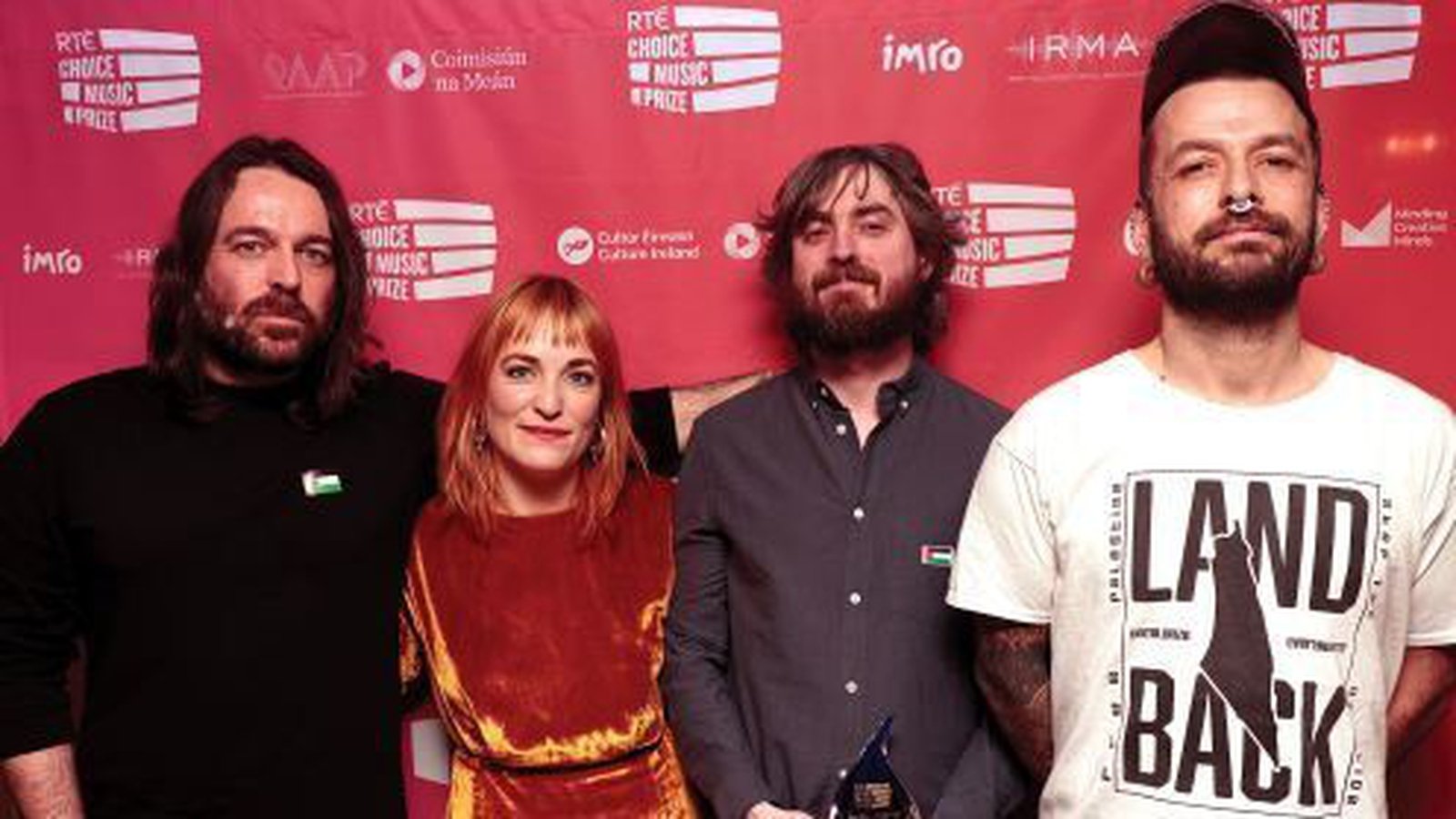
Wales has a rich musical heritage, and the next generation is ready to take centre stage.
By Vivian Lam
Wales has always had more than its fair share of great musicians. From Tom Jones and Shirley Bassey in the 1960s, to Budgie and Badfinger in the 1970s, The Alarm in the 1980s and Super Furry Animals, Catatonia and Manic Street Preachers during 1990s Britpop.
Since then, Marina, Funeral For a Friend and Bullet For My Valentine have been among the more popular recent music acts to emerge from Wales. And today’s Welsh music scene continues to feature a huge variety of artists who create a plethora of styles.
Here are four rising acts who continue the tradition set by their predecessors.
1. Cerys Hafana
Since the release of her first album Cwmwl in 2020, harpist and multi-instrumentalist Cerys Hafana has emerged as one of the most original voices in contemporary Welsh folk music. Mixing folk with more modern styles, Hafana plays the harp, Wales’ national instrument.
By subverting traditional Welsh folk songs and composing her own, sometimes minimalistic influenced music, Hafana simultaneously continues and breaks with tradition.
On her second album Edyf (2022), Havana used the National Library of Wales archive to resurrect old folk manuscripts. Recordings such as Cilgerran and Comed 1858 display a mystical emotion which somehow combines old melodies with more contemporary arrangements.
2. Minas
Fans of James Minas, or just Minas, call him a hip-hop artist. But the Cardiff-based producer and bandleader sees his work as part of a post-punk lineage that celebrates DIY creative independence and diversity. He’s happy with any number of genre labels, as long as they are meant kindly.
Minas’ music certainly uses a punk energy as a way of relating to and understanding the way the world works. For example, the song All My Love Has Failed Me is a prolonged surge of angry adrenaline, layering monotone rhythms that build into short looped riffs. It takes two minutes to change chord, but the music is constantly building and evolving up to that point.
Minas’ parents were punks so he heard this kind of music as a child. But as is clear on songs like Payday, he is also influenced by grime, and that helped him hone his production skills before taking his band and music to the stage.
Proud of his Welsh-Greek identity and having grown up around the different accents of the capital city and valleys, Minas never thinks about how to speak or sing when performing. In his discernible Cardiff accent, he won’t do more than three takes of a track when recording. He aims for the opposite of “manufactured” by keeping the live feel, even in the studio.
3. VRï
The trio VRï started in Cardiff when classical music students, Jordan Price Williams and Patrick Rimes, discovered a shared interest in their native Welsh folk music, language and traditions. Together with Aneurin Jones, they fuse the classical music approach and instrumentation of two violins and cello with Welsh folk music and energy. All three sing on tracks too.
Live, the band helps its fans feel a sense of ownership over the music. They’ve released two albums to date, Tŷ Ein Tadau in 2019 and 2022’s Islais A Genir. The song Cainc Sain Tathan is typical of their style, with its clever arrangements and blend of voices and instruments, song and extemporisation.
The music they play has been through the hands of Welsh people for hundreds of years and is the product of those who have cared for, curated and celebrated it for centuries. The energy and precision of their arrangements and performances put it in safe hands and carry it forward for the next generation.
4. Nogood Boyo
The track One Day says a lot about the band Nogood Boyo, named after a character in Dylan Thomas’ play Under Milk Wood. It’s bilingual with alternating lines in Welsh and English, but the lines are not straight translations and bilingual listeners will experience something different from it. The track fuses electronic dance and rock music with folk-style fiddle and accordion playing. It’s also in an oddly lilting 6/4 beat that catches out the incautious or inebriated dancer.
The video tips a Welsh hat to folk-horror and the supposedly strange stuff that rural people get up to – such as speaking a language that has survived almost 750 years of oppression, reputedly by only being spoken when an English person enters the room.
Live, the band fizzes with energy and galvanises a loyal audience into an energetic dancing mass who hang on, and sing along to, every word of each song. Nogood Boyo has coined itself the label “trash-trad” but this disguises the subtlety of the material. And the band’s commitment to fusing traditional music with contemporary forms neatly sums up the more rap influenced songs such as Not My King. Let’s just say Nogood Boyo is not looking to be on any forthcoming honours lists.
Source: Four rising Welsh music acts to set your playlist ablaze





